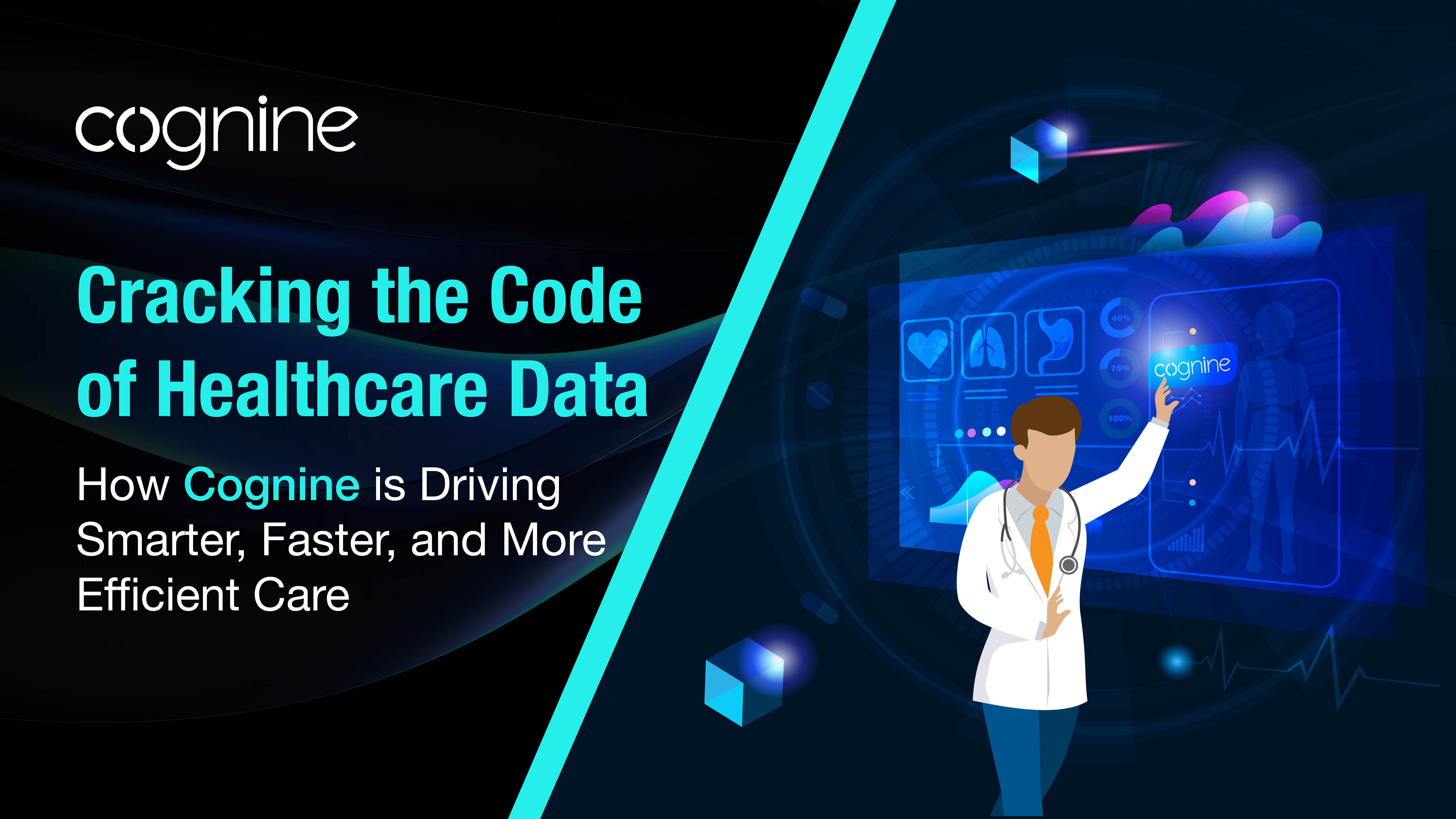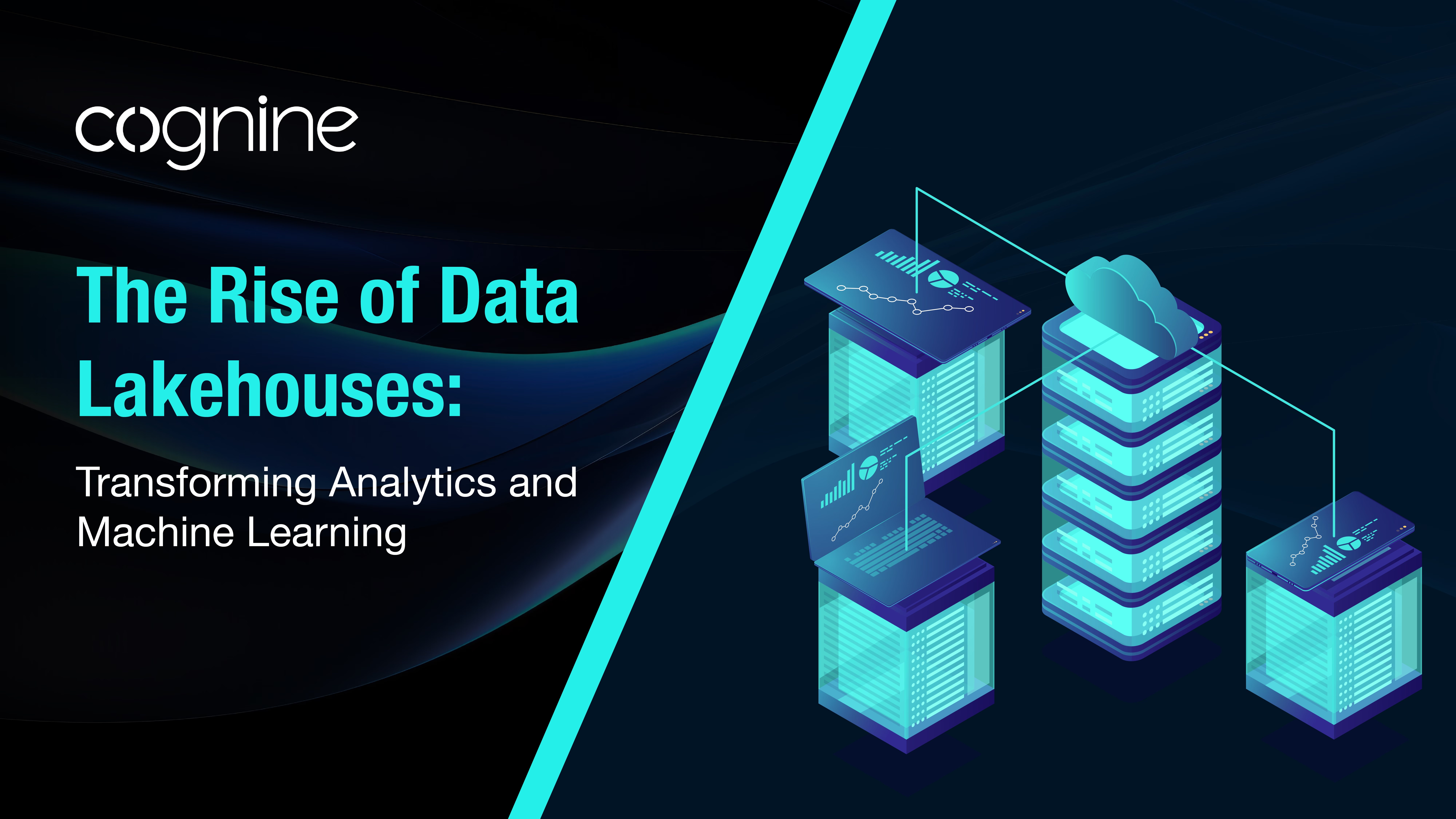AI-Powered Adaptive Learning: The Next Frontier in EdTech
As the world increasingly embraces digital transformation, education is undergoing a radical shift, powered by artificial intelligence (AI). While personalized learning and chatbots have been part of EdTech for over a decade, the real breakthrough now lies in AI-powered adaptive learning systems that go beyond simple personalization. These intelligent platforms don’t just suggest content, they dynamically reshape the learning journey in real time, based on how a student is performing.

Adaptive learning refers to technologies that continuously assess a learner’s progress and adjust the curriculum, difficulty level, and feedback in response to that progress. Think of it as a GPS for learning, constantly rerouting the educational path based on each learner’s unique needs, pace, and gaps.
A 2023 study by McKinsey found that students using adaptive learning platforms completed lessons 30% faster and retained 20% more information than those using traditional e-learning systems.
These platforms use a combination of machine learning, natural language processing, and predictive analytics to respond intelligently, just like a human tutor, but at scale.
Real-Time Personalization at Scale
Unlike standard personalized learning, which typically relies on initial assessments or teacher input, adaptive learning platforms make decisions on-the-fly. As a student struggles with a concept, the system can pause, suggest a different learning path, introduce new visual aids, or even ask guiding questions.
For example, companies like DreamBox Learning and Knewton use AI to adapt lessons for K-12 and higher education, analyzing millions of data points per student to optimize learning pathways.
Addressing the Tough Challenges
Despite its promise, adaptive learning raises real challenges, especially around data privacy, bias, and equity.
• Data Privacy: With AI systems collecting vast amounts of student data, ensuring compliance with laws like FERPA and GDPR is critical.
• Bias in AI Models: If models are trained on non-inclusive datasets, they may unintentionally disadvantage certain students.
• Digital Divide: Adaptive learning platforms assume access to devices and connectivity, still a major barrier in many parts of the world.
To implement AI ethically in education, institutions must design systems that build trust, promote transparency, and prioritize inclusivity.
Industry Momentum and Thought Leadership
Many forward-thinking institutions and EdTech firms are already embracing adaptive learning. For instance:
• Arizona State University saw a 17% improvement in student retention after deploying adaptive courseware in math and science.
• Coursera and edX are piloting AI-driven learning paths for professional upskilling and university-level content.

At Cognine, we collaborate with forward-looking EdTech companies to design and build adaptive learning solutions that are scalable, secure, and student-centric. Our AI and data engineering teams help clients deploy robust machine learning models, create dynamic content engines, and implement real-time performance dashboards. Cognine ensures that learning becomes smarter, one interaction at a time.
Conclusion
AI-powered adaptive learning represents the next major leap in education technology. It goes beyond personalization to deliver true intelligence in instruction, offering each student the optimal path to understanding. But with great power comes great responsibility. The EdTech community must focus not only on building powerful tools but on doing so ethically, inclusively, and transparently.
Those who get it right won’t just improve test scores, they’ll help shape the future of how we all learn.
Get In Touch
Quick links
Privacy Policy | Copyright ©2025 Cognine.





